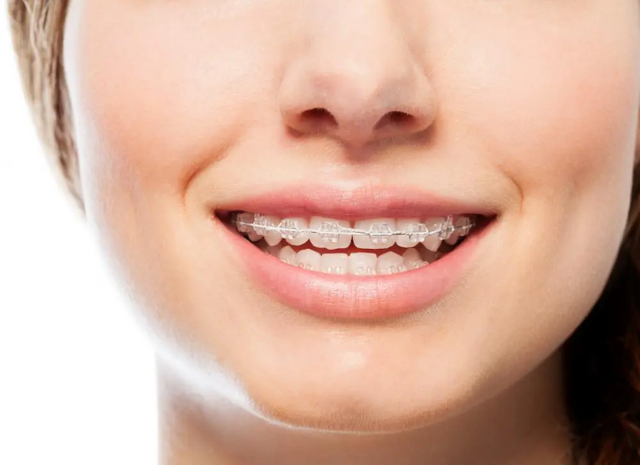Common Problems with Retainers and How to Fix Them

Congratulations on completing your orthodontic journey! Achieving that perfect smile is a significant milestone. However, the journey doesn't end once the braces come off. Retainers play a crucial role in maintaining the alignment of your teeth. Like any dental appliance, they come with their own set of challenges. Let's explore some common problems associated with retainers and how to address them effectively.
1. Discomfort and Soreness
It's not uncommon to experience slight discomfort or soreness when you first start wearing a retainer. This discomfort usually manifests as pressure on your teeth or irritation on your gums.
Such sensations are typically temporary. Your mouth needs time to adjust to the new appliance. Over-the-counter pain relievers can help alleviate the discomfort. Rinsing with warm salt water can also soothe irritated areas. If the pain persists beyond a week or becomes unbearable, it's essential to consult your orthodontist. They might need to adjust the retainer for a better fit.
2. Speech Difficulties
Many people notice a slight lisp or difficulty pronouncing certain words when they start wearing a retainer.
Practice makes perfect. Reading aloud or engaging in conversations can help your tongue adjust to the retainer's presence. Most individuals find that their speech returns to normal within a few days. However, if speech issues persist, discuss potential solutions with your orthodontist. They might suggest specific exercises or adjustments to the retainer.
3. Excessive Salivation
Introducing a foreign object like a retainer into your mouth can trigger increased saliva production.
This reaction is natural and usually temporary. As your mouth becomes accustomed to the retainer, salivation should decrease. Chewing sugar-free gum for short periods can help your mouth adjust. However, always remove your retainer before chewing gum to prevent damage.
4. Stains and Odors
Over time, retainers can develop stains or emit unpleasant odors, especially if not cleaned regularly.
Maintain a strict cleaning regimen. Rinse your retainer with lukewarm water every time you remove it. Brush it gently with a soft-bristled toothbrush daily. For a deeper clean, use retainer cleaning solutions or tablets once a week. Avoid using toothpaste, as it can be abrasive and scratch the retainer's surface, making it more susceptible to bacterial buildup.
5. Warping or Damage
Retainers, especially those made of plastic, can warp or get damaged when exposed to high temperatures or physical stress.
Always handle your retainer with care. Avoid leaving it in hot environments, like inside a car on a sunny day. When cleaning, use lukewarm rather than hot water. Store it in its protective case when not in use to prevent accidental damage. If you notice any deformities or cracks, refrain from wearing it and consult your orthodontist immediately.
6. Loss or Misplacement
Given their transparent nature and small size, retainers can easily be misplaced or lost.
Develop a habit of placing your retainer in its case whenever it's not in your mouth. Avoid wrapping it in napkins during meals, as it's easy to forget and accidentally discard. If you do misplace your retainer, contact your orthodontist promptly. Delaying its replacement can lead to unwanted teeth movement.
7. Poor Fit Over Time
Over time, you might notice that your retainer feels tighter or doesn't fit as snugly as it once did.
This could indicate that your teeth are shifting, possibly due to inconsistent retainer wear. Ensure you're adhering to the recommended wear schedule. If the retainer doesn't fit correctly despite consistent use, schedule an appointment with your orthodontist. Remember, if you're ever in doubt or need assistance, a quick search for an "orthodontist near me" can help you find professional guidance promptly.
Conclusion
Retainers are indispensable in preserving the results of your orthodontic treatment. While they come with their set of challenges, most problems are manageable with proper care and prompt action. Establishing good habits and maintaining open communication with your orthodontist will ensure that your smile remains perfect for years to come. Stay vigilant, address issues as they arise, and relish the confidence that comes with a radiant smile.